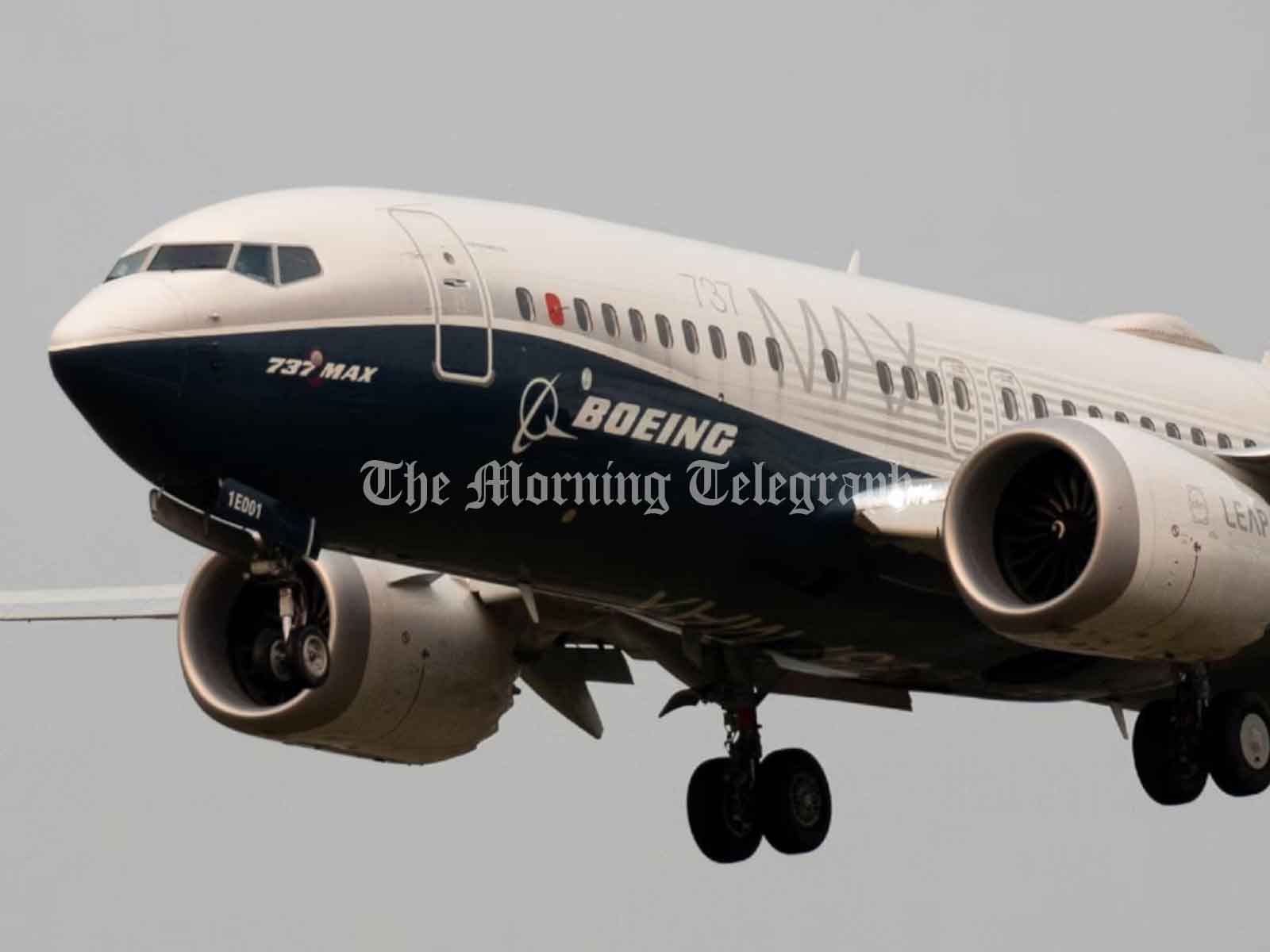
Boeing has agreed to plead guilty to conspiracy to defraud the government in relation to the deadly crashes of its 737 Max jets in Indonesia and Ethiopia, which resulted in 346 fatalities. This decision follows the Justice Department’s findings that Boeing did not comply with a 2021 agreement aimed at avoiding prosecution.
Key Details of the Case
Prosecutors claimed that two Boeing pilots withheld crucial information from the Federal Aviation Administration (FAA) regarding a new automated control system on the Max jets. This system was a key factor in the crashes, causing uncontrollable dives.
By pleading guilty to a single felony count before a midnight deadline, Boeing will avoid a trial. Documents related to the deal were filed in a Texas federal court, with a hearing planned where family members of the crash victims, who have criticized the agreement, will have the opportunity to speak. The court will then decide whether to accept the plea agreement.
Financial and Compliance Commitments
Boeing had previously agreed to $2.5 billion in penalties and payouts in 2021. The new deal includes an additional $487.2 million in penalties, oversight by an independent monitor, at least $455 million to improve compliance and safety programs, and supervised probation for about three years.
Victims’ Families and Legal Reactions
The agreement allows families of the crash victims to meet with Boeing’s board of directors, a long-sought provision. A Justice Department official emphasized the significance of holding Boeing accountable for its misconduct. However, the agreement has faced opposition from the victims’ families and their legal representatives, who argue that the deal is insufficient and obscures the deadly consequences of Boeing’s actions.
Boeing’s Internal and External Challenges
The criminal case highlighted the design flaws of the 737 Max, particularly the automated system needed due to new, larger engines. Prosecutors argued that Boeing’s technical pilots concealed information about the system’s operation, preventing proper pilot training. Following the first crash, the FAA became aware of the expanded scope of the system’s operation.
In January 2021, Boeing entered into a deferred prosecution agreement with the Justice Department, acknowledging its pilots’ deception and agreeing to pay $500 million to the victims’ families and strengthen its internal compliance programs. However, Boeing failed to fulfill the terms of this agreement, prompting the current plea deal.
Future Oversight and Accountability
Legal experts, including John C. Coffee of Columbia Law School, stress the importance of an effective federal monitor to ensure Boeing meets its obligations. Victims’ families have urged prosecutors to take a stricter stance, especially after a recent midair incident involving a fuselage door panel on an Alaska Airlines 737, which exposed significant manufacturing and quality control issues at Boeing.
Boeing’s Path Forward
The FAA has conducted audits and investigations into Boeing’s production processes, demanding improvements and preventing the company from increasing 737 Max production until compliance is ensured. Boeing has previously faced government fraud allegations, including a $615 million settlement in a 2006 space launch contracting case.
As Boeing seeks to recover, it recently announced plans to acquire Spirit AeroSystems to gain better control over its supply chain. However, the task of rebuilding its reputation will fall to a new CEO, as current CEO Dave Calhoun plans to step down at the end of the year.




